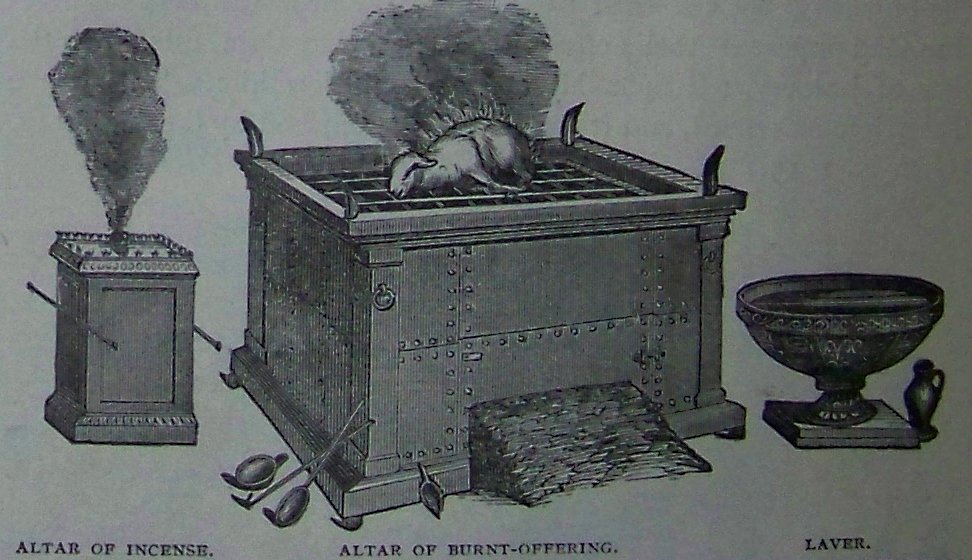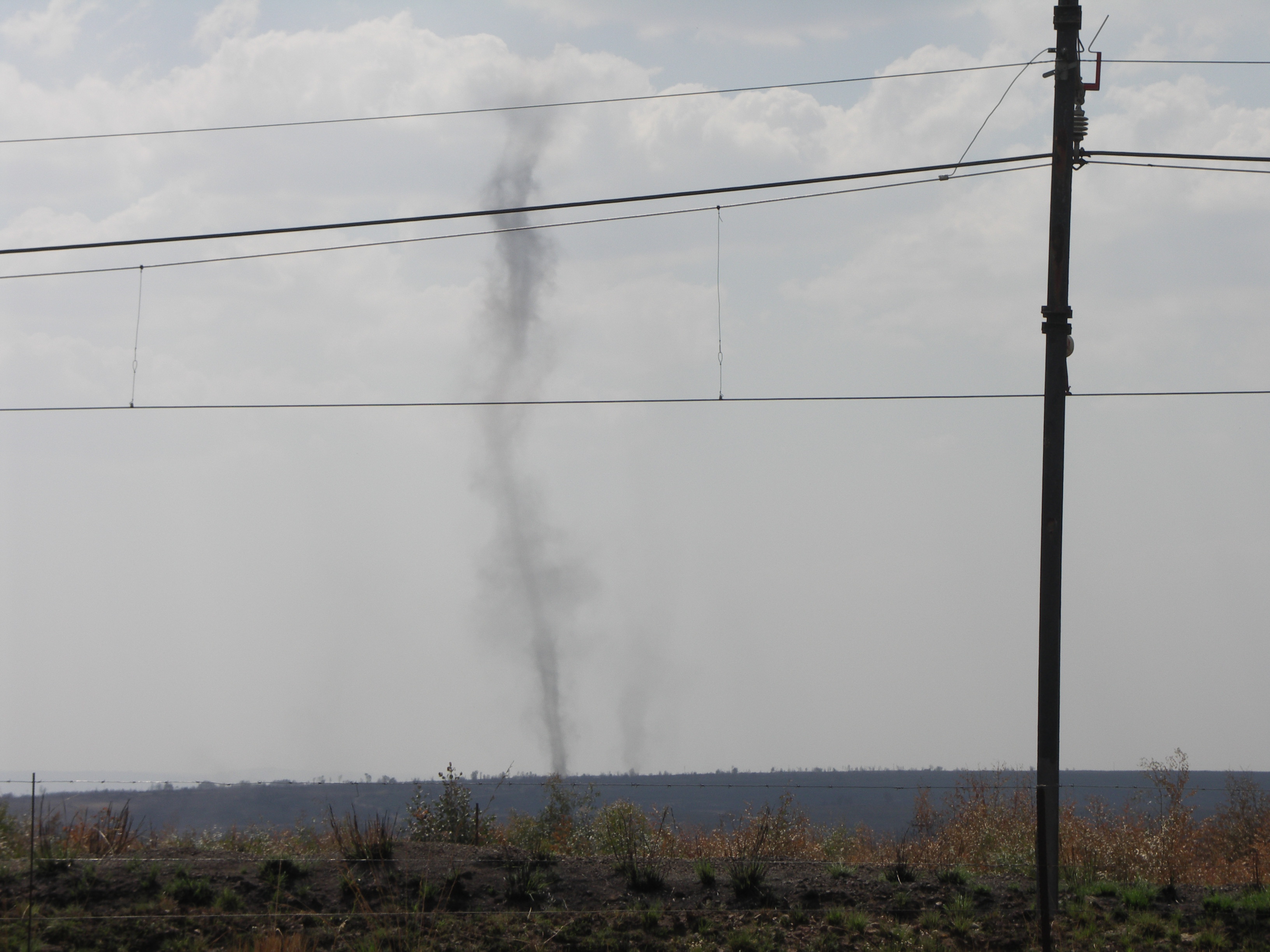|
Book Of Job
The Book of Job (; hbo, אִיּוֹב, ʾIyyōḇ), or simply Job, is a book found in the Ketuvim ("Writings") section of the Hebrew Bible (Tanakh), and is the first of the Poetic Books in the Old Testament of the Christian Bible. Scholars are generally agreed that it was written between the 7th and 4th centuries BCE. It addresses theodicy, why God permits evil in the world, through the experiences of the eponymous protagonist. Job is a wealthy and God-fearing man with a comfortable life and a large family; God, having asked Satan ( hbo, הַשָּׂטָן, haśśāṭān, , label=none) for his opinion of Job's piety, decides to take away Job's wealth, family and material comforts, following Satan's accusation that if Job were rendered penniless and without his family, he would turn away from God. Structure The Book of Job consists of a prose prologue and epilogue narrative framing poetic dialogues and monologues. It is common to view the narrative frame as the original cor ... [...More Info...] [...Related Items...] OR: [Wikipedia] [Google] [Baidu] |
Ketuvim
The Ketuvim (; hbo, , Modern: ''Kəṯūvīm'', Tiberian: ''Kăṯūḇīm'' "writings") is the third and final section of the Tanakh ( Hebrew Bible), after Torah (instruction) and Nevi'im (prophets). In English translations of the Hebrew Bible, this section is usually titled "Writings" or "Hagiographa". In the Ketuvim, I and II Chronicles form one book, along with Ezra and Nehemiah which form a single unit entitled " Ezra–Nehemiah". (In citations by chapter and verse numbers, however, the Hebrew equivalents of "Nehemiah", "I Chronicles" and "II Chronicles" are used, as the system of chapter division was imported from Christian usage.) Collectively, eleven books are included in the Ketuvim. Groups of books ''Sifrei Emet'' In Masoretic manuscripts (and some printed editions), Psalms, Proverbs and Job are presented in a special two-column form emphasizing the parallel stichs in the verses, which are a function of their poetry. Collectively, these three books ... [...More Info...] [...Related Items...] OR: [Wikipedia] [Google] [Baidu] |
Land Of Uz
The land of Uz ( he, אֶרֶץ־עוּץ – ''ʾereṣ-ʿŪṣ'') is a location mentioned in the Old Testament, most prominently in the Book of Job, which begins, "There was a man in the land of Uz, whose name was Job". The name "Uz" is used most often to refer to Uz, son of Aram, presumably the region's namesake. He is mentioned repeatedly in the Bible, in the books of Genesis and 1 Chronicles. It is most often theorized that the Land of Uz is located in either Aram, Edom, or both. Location It has been long debated if Uz is either Aram or Edom. In the Bible, Genesis 10:23, Genesis 22:21 and 1 Chronicles 1:42 mention Aram, son of Shem, whose firstborn son is named Uz. Rashi also holds this view. See Rashi's comment oJob 1:1 According to the '' War Scroll'', one of the Dead Sea Scrolls, the land of Uz existed beyond the Euphrates, possibly in relation to Aram. In Column 2 verse 11, it is noted, "they shall fight against the rest of the sons of Aramea: Uz, Hul, Toga ... [...More Info...] [...Related Items...] OR: [Wikipedia] [Google] [Baidu] |
Mesopotamia
Mesopotamia ''Mesopotamíā''; ar, بِلَاد ٱلرَّافِدَيْن or ; syc, ܐܪܡ ܢܗܪ̈ܝܢ, or , ) is a historical region of Western Asia situated within the Tigris–Euphrates river system, in the northern part of the Fertile Crescent. Today, Mesopotamia occupies modern Iraq. In the broader sense, the historical region included present-day Iraq and Kuwait and parts of present-day Iran, Syria and Turkey. The Sumerians and Akkadians (including Assyrian people, Assyrians and Babylonians) originating from different areas in present-day Iraq, dominated Mesopotamia from the beginning of recorded history, written history () to the fall of Babylon in 539 BC, when it was conquered by the Achaemenid Empire. It fell to Alexander the Great in 332 BC, and after his death, it became part of the Greek Seleucid Empire. Later the Arameans dominated major parts of Mesopotamia (). Mesopotamia is the site of the earliest developments of the Neolithic Revolution from aroun ... [...More Info...] [...Related Items...] OR: [Wikipedia] [Google] [Baidu] |
Edom
Edom (; Edomite: ; he, אֱדוֹם , lit.: "red"; Akkadian: , ; Ancient Egyptian: ) was an ancient kingdom in Transjordan, located between Moab to the northeast, the Arabah to the west, and the Arabian Desert to the south and east.Negev & Gibson (ed.), 2001, ''Edom; Edomites'', pp. 149–150 Most of its former territory is now divided between present-day southern Israel and Jordan. Edom appears in written sources relating to the late Bronze Age and to the Iron Age in the Levant. Edomites are related in several ancient sources including the Tanakh, a list of the Egyptian pharaoh Seti I from c. 1215 BC as well as in the chronicle of a campaign by Ramesses III (r. 1186–1155 BC). Archaeological investigation has shown that the nation flourished between the 13th and the 8th century BC and was destroyed after a period of decline in the 6th century BC by the Babylonians. After the fall of the kingdom of Edom, the Edomites were pushed westward towards southern Judah ... [...More Info...] [...Related Items...] OR: [Wikipedia] [Google] [Baidu] |
Parable
A parable is a succinct, didactic story, in prose or verse, that illustrates one or more instructive lessons or principles. It differs from a fable in that fables employ animals, plants, inanimate objects, or forces of nature as characters, whereas parables have human characters. A parable is a type of metaphorical analogy. Some scholars of the canonical gospels and the New Testament apply the term "parable" only to the parables of Jesus, although that is not a common restriction of the term. Parables such as the parable of the Prodigal Son are important to Jesus's teaching method. Etymology The word ''parable'' comes from the Greek παραβολή (''parabolē''), literally "throwing" (''bolē'') "alongside" (''para-''), by extension meaning "comparison, illustration, analogy." It was the name given by Greek rhetoricians to an illustration in the form of a brief fictional narrative. History The Bible contains numerous parables in the Gospels of the New Testament ( Jes ... [...More Info...] [...Related Items...] OR: [Wikipedia] [Google] [Baidu] |
Book Of Ezekiel
The Book of Ezekiel is the third of the Latter Prophets in the Tanakh and one of the major prophetic books, following Isaiah and Jeremiah. According to the book itself, it records six visions of the prophet Ezekiel, exiled in Babylon, during the 22 years from 593 to 571 BCE, although it is the product of a long and complex history and does not necessarily preserve the very words of the prophet. The visions, and the book, are structured around three themes: (1) Judgment on Israel (chapters 1–24); (2) Judgment on the nations (chapters 25–32); and (3) Future blessings for Israel (chapters 33–48). Its themes include the concepts of the presence of God, purity, Israel as a divine community, and individual responsibility to God. Its later influence has included the development of mystical and apocalyptic traditions in Second Temple and Judaism and Christianity. Structure Ezekiel has the broad three-fold structure found in a number of the prophetic books: oracles ... [...More Info...] [...Related Items...] OR: [Wikipedia] [Google] [Baidu] |
LB100fol165
''Homo floresiensis'' also known as "Flores Man"; nicknamed "Hobbit") is an extinct species of small archaic human that inhabited the island of Flores, Indonesia, until the arrival of modern humans about 50,000 years ago. The remains of an individual who would have stood about in height were discovered in 2003 at Liang Bua on the island of Flores in Indonesia. Partial skeletons of at least nine individuals have been recovered, including one complete skull, referred to as "LB1". These remains have been the subject of intense research to determine whether they were diseased modern humans or a separate species; a 2017 study concludes by phylogenetic analysis that ''H. floresiensis'' is an early species of ''Homo'', a sister species of ''Homo habilis''. This hominin was at first considered remarkable for its survival until relatively recent times, initially thought to be only 12,000 years ago. However, more extensive stratigraphic and chronological work has pushed the dating of ... [...More Info...] [...Related Items...] OR: [Wikipedia] [Google] [Baidu] |
Burnt Offering (Judaism)
A burnt offering in Judaism ( he, קָרְבַּן עוֹלָה, ''qorban ʿōlā'') is a form of sacrifice first described in the Hebrew Bible. As a tribute to God, a burnt offering was ''entirely'' burnt on the altar. This is in contrast to other forms of sacrifice (entitled ''zevach'' or ''zevach shelamim''), which was ''partly'' burnt and ''most'' of it eaten in communion at a sacrificial meal. During the First Temple and Second Temple periods, the burnt offering was a twice-daily animal sacrifice offered on the altar in the temple in Jerusalem that was completely consumed by fire. The skin of the animal, however, was not burnt but given to the priests respective of their priestly division. These skins are listed as one of the twenty-four priestly gifts in Tosefta Hallah. Etymology The Hebrew noun ''olah'' (עֹלָה) occurs 289 times in the Masoretic Text of the Hebrew Bible. It means "that which goes up n smoke.Schwartz, Baruch J. "Burnt Offering", in Berlin Adele; Gr ... [...More Info...] [...Related Items...] OR: [Wikipedia] [Google] [Baidu] |
Ignorance
Ignorance is a lack of knowledge and understanding. The word "ignorant" is an adjective that describes a person in the state of being unaware, or even cognitive dissonance and other cognitive relation, and can describe individuals who are unaware of important information or facts. Ignorance can appear in three different types: factual ignorance (absence of knowledge of some fact), object ignorance (unacquaintance with some object), and technical ignorance (absence of knowledge of how to do something). Consequences Ignorance can have negative effects on individuals and societies, but can also benefit them by creating within them the desire to know more. For example, ignorance within science opens the opportunity to seek knowledge and make discoveries by asking new questions. Though this can only take place if the individual possesses a curious mind. Studies suggest that adults with an adequate education who perform enriching and challenging jobs are happier, and more in control of ... [...More Info...] [...Related Items...] OR: [Wikipedia] [Google] [Baidu] |
Whirlwind
A whirlwind is a weather phenomenon in which a vortex of wind (a vertically oriented rotating column of air) forms due to instabilities and turbulence created by heating and flow ( current) gradients. Whirlwinds occur all over the world and in any season. Types Whirlwinds are subdivided into two main types, the great (or major) whirlwinds, and the lesser (or minor) whirlwinds. The first category includes tornadoes, waterspouts, and landspouts. The range of atmospheric vortices constitute a continuum and are difficult to categorize definitively. Some lesser whirlwinds may sometimes form in a similar manner to greater whirlwinds with related increase in intensity. These intermediate types include the gustnado and the fire whirl. Other lesser whirlwinds include dust devils, as well as steam devils, snow devils, debris devils, leaf devils or hay devils, water devils, and shear eddies such as the mountainado and eddy whirlwinds. Formation A major whirlwind (such as a torn ... [...More Info...] [...Related Items...] OR: [Wikipedia] [Google] [Baidu] |
Job And His Friends
Work or labor (or labour in British English) is intentional activity people perform to support the needs and wants of themselves, others, or a wider community. In the context of economics, work can be viewed as the human activity that contributes (along with other factors of production) towards the goods and services within an economy. Work is fundamental to all societies, but can vary widely within and between them, from gathering in natural resources by hand, to operating complex technologies that substitute for physical or even mental effort by many human beings. All but the simplest tasks also require specific skills, equipment or tools, and other resources (such as material for manufacturing goods). Cultures and individuals across history have expressed a wide range of attitudes towards work. Outside of any specific process or industry, humanity has developed a variety of institutions for situating work in society. Besides objective differences, one culture may org ... [...More Info...] [...Related Items...] OR: [Wikipedia] [Google] [Baidu] |
James Crenshaw
James L. Crenshaw is the Robert L. Flowers Professor of the Old Testament at Duke University Divinity School. He is one of the world’s leading scholars in Old Testament Wisdom literature. He proposes that much of Proverbs was brought together at a time well after Solomon. He has been described as "a highly respected scholar" and an "excellent teacher". Academic career James L. Crenshaw was born in Sunset, South Carolina, on December 19, 1934, and educated at Furman University (B.A., 1956), Southern Baptist Theological Seminary (B.D., 1960), and Vanderbilt University (Ph.D., 1964), where he concentrated in Hebrew Bible under J. Phillip Hyatt and Walter Harrelson. In addition, he studied at the Hebrew Union College Biblical and Archaeological School, Jerusalem (1963), and did postdoctoral studies at the University of Heidelberg (1972–73), Oxford University (1978–79), and Cambridge University (1984–85). He began his academic teaching career at Atlantic Christian Colleg ... [...More Info...] [...Related Items...] OR: [Wikipedia] [Google] [Baidu] |









